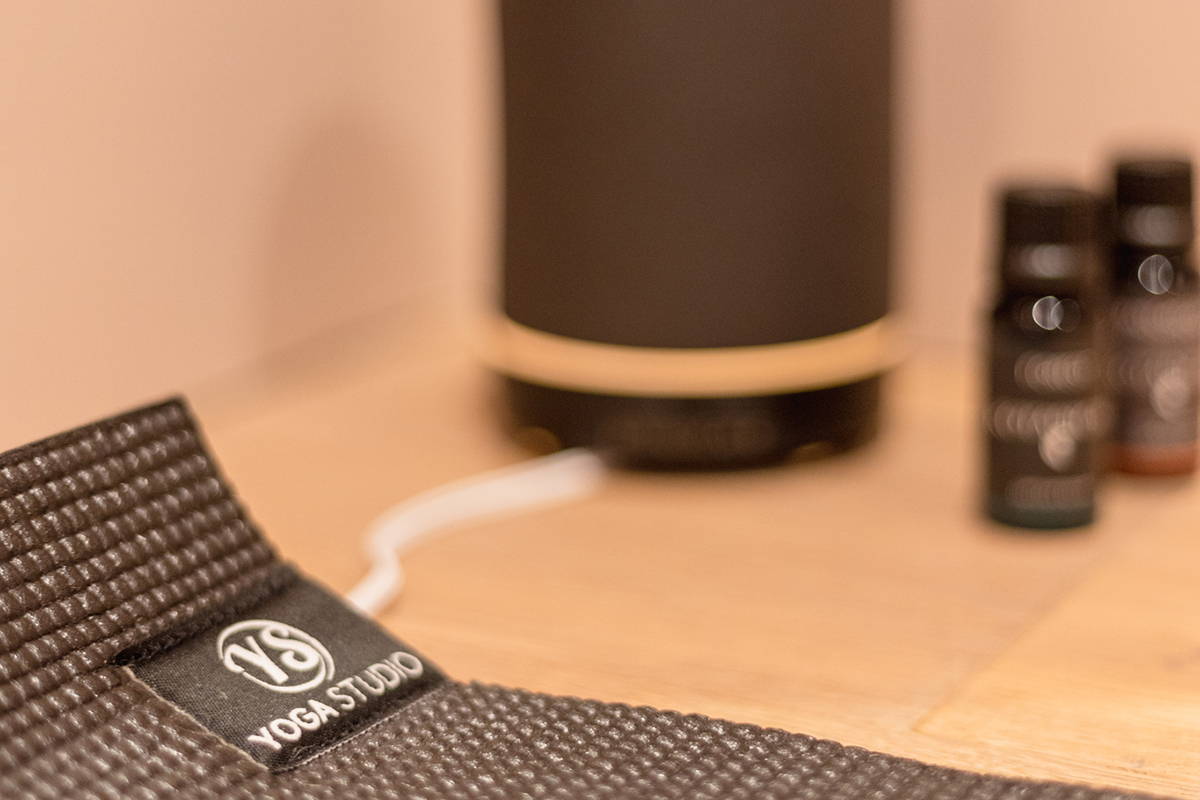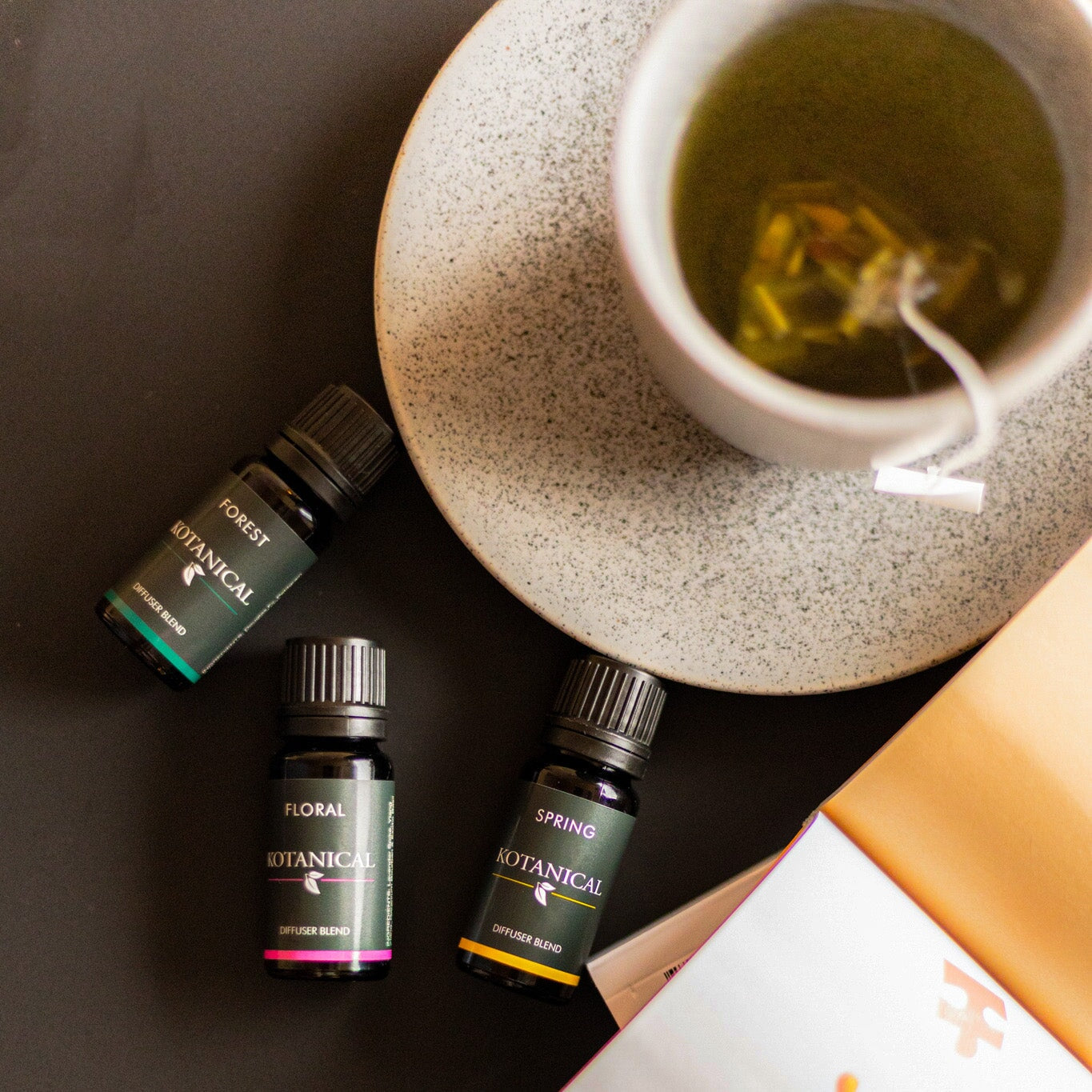Essential Oils for Sleep: How to Create a Relaxing Bedtime Routine
Getting enough sleep is essential for good health and wellbeing. Unfortunately, many of us struggle to fall asleep or stay asleep throughout the night. Stress, anxiety, and a busy lifestyle can all contribute to poor sleep quality and leave us lying awake at night. If you're looking for a natural way to improve your sleep, we’ve created a selection of our favourite essential oils to induce calm and promote a better sleep environment.
High Altitude Lavender Oil
Lavender oil is one of the most popular essential oils for sleep and our high-altitude lavender is considered even more relaxing thanks to its high ester content. Studies have also found that the scent of lavender can lower heart rate and blood pressure, promoting a more relaxed state.
Ylang Ylang Oil
Ylang Ylang oil is both sweet-smelling and relaxing! It can help to reduce anxiety and promote relaxation, making it a great choice for creating a calming bedtime routine. It’s also known for its ability to lower blood pressure, creating a more relaxed state in the body.
Bergamot Oil
Known for its calming and uplifting properties, Bergamot oil is an underrated oil when it comes to promoting relaxation and reducing stress. The oil contains compounds that have been shown to reduce anxiety and improve mood, making it a great choice for a bedtime routine. Its citrus scent is also believed to have a soothing effect, helping to create a calming atmosphere and promote better sleep.
Bergamot Essential Oil. Shop Now.
How Do You Create a Relaxing Bedtime Routine?
In addition to using essential oils, there are several other things you can do to create a relaxing bedtime routine. Here are some tips:
Stick to a Routine
Try to go to bed and wake up at the same time every day, even on weekends. This can help to regulate your body's internal clock and improve sleep quality.
Avoid Stimulants
Avoid caffeine, nicotine, and alcohol in the hours leading up to bedtime. Although not a stimulant, screen time should also be reduced before going to sleep. Experts recommend that children’s screen time is curbed one hour before bedtime and at least 30 minutes for adults.
Create a Calm Environment
Make your bedroom a calm and relaxing space. Keep the room cool, dark, and quiet, wit soft lighting and, of course, your diffuser!
Relax Before Bed
Take some time to relax before bed and switch off. Try reading a book, taking a warm bath, or practicing relaxation techniques, such as deep breathing or meditation.






